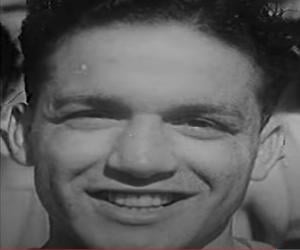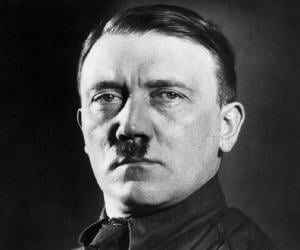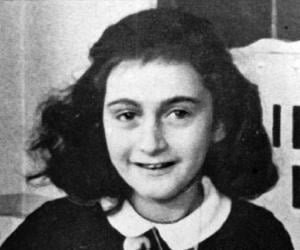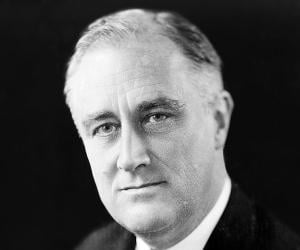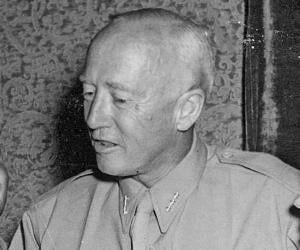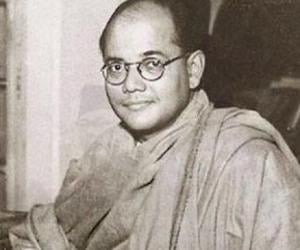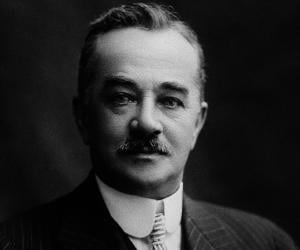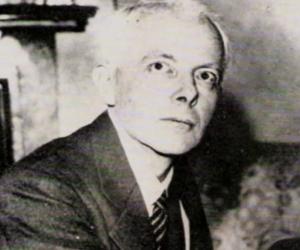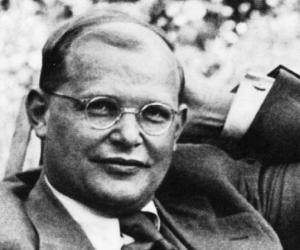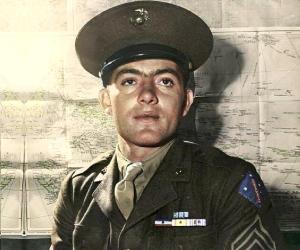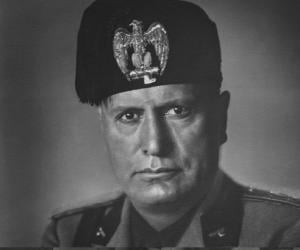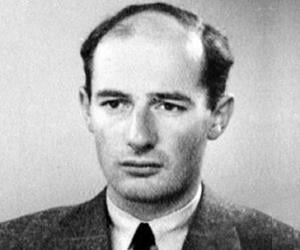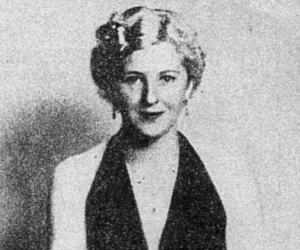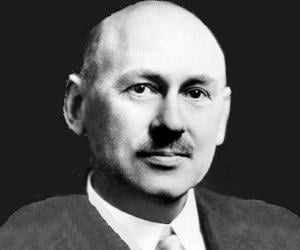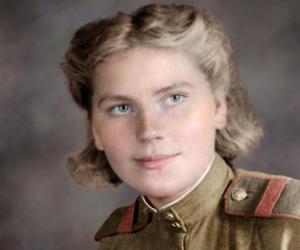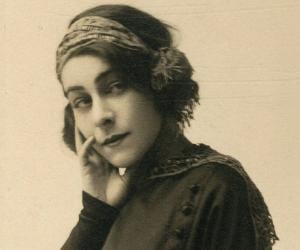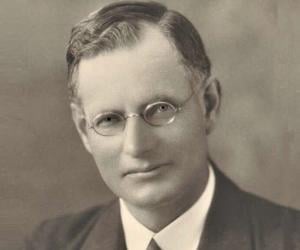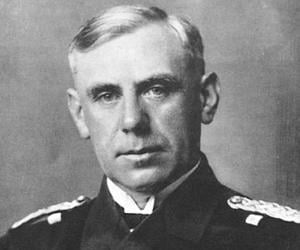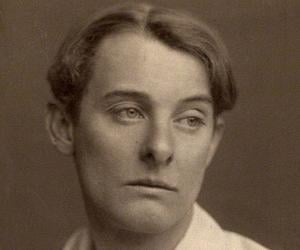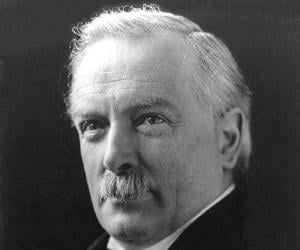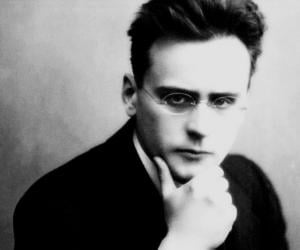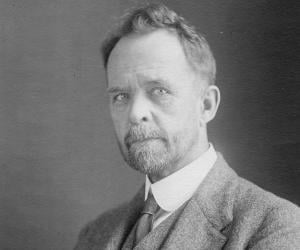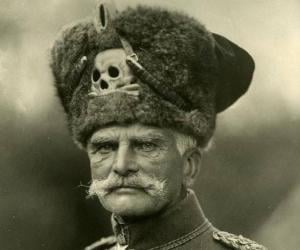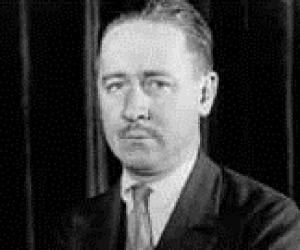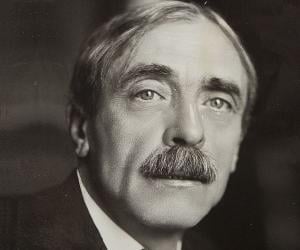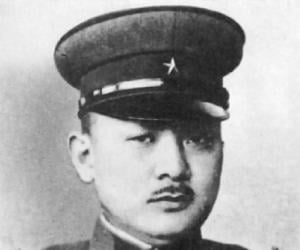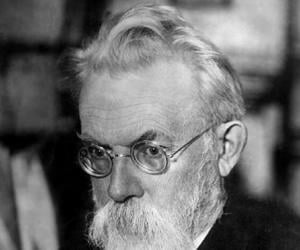One of the most powerful leaders of the 20th century, Adolf Hitler was a German dicator whose policies started the WWII that resulted in the death of millions of people. He had a visceral hatred for Jews and during his regime nearly six million Jews were killed in Holocaust.
One of the numerous Jewish victims of the Holocaust, Anne Frank gained recognition posthumously after her diary Anne Frank: The Diary of a Young Girl was published. The diary, which has been widely read and translated into numerous other languages, details the lives of Anne Frank and her family when they went into hiding for two years, after Germany occupied Netherlands.
F D Roosevelt was the 32nd president of the United States and was in the office from 1933 to1945. Qualified as a lawyer, he entered politics as an ambitious young man, inspired by his relative Theodore Roosevelt, a fellow politician. F D Roosevelt had an illustrious political career and is rated by scholars among the nation's greatest presidents.
George Patton was a general of the US Army, remembered for his work as a commander of the Seventh United States Army during World War II. He is also remembered for commanding the Third Army in the Western Front in June 1944 after the Allied invasion of Normandy. His life and work inspired the 1970 epic biographical war film Patton.
An Indian nationalist known for his role in the country’s struggle for freedom from the British, Subhas Chandra Bose was a politician with radical views. He was part of the Indian National Congress in the late 1920s and 1930s. However, his association with Nazi Germany and Imperial Japan made him a controversial figure.
Bela Bartok was a Hungarian pianist, composer, and ethnomusicologist. Widely regarded as one of the 20th century's most prominent composers, Bartok is also counted among Hungary's greatest composers of all time. He is credited with co-founding comparative musicology, which came to be known as ethnomusicology.
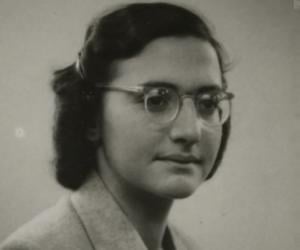
John Basilone was a US Marine Corps Gunnery Sergeant who played a crucial role in the Battle for Henderson Field, for which he was honored with the Medal of Honor. Basilone died during the Battle of Iwo Jima and was posthumously honored with the Navy Cross, becoming the only enlisted Marine to receive these two decorations in World War II.
The dictator of Italy from 1925 to 1945, Benito Mussolini founded the Fascist Party in 1919. It opposed class discrimination and supported nationalism. But when in power, Mussolini crushed rival political parties, trade unions, free press and free speech. He was overthrown by his former colleagues in the Fascist government in July 1943 and ultimately shot dead in April 1945.
Swedish architect Raoul Wallenberg went down in history as a savior for Jews during the Nazi regime. He not only issued provisional Swedish passports, or Schutzpass, to protect Jews, but also set up safe houses for them. He disappeared amid mysterious circumstances. Many believe he died in a Soviet prison.
The son of a machine shop owner, Robert H. Goddard grew up to become a pioneer of rocketry. Interested in physics and mechanics since childhood, he dreamed of space flight. He developed the world’s first rocket that ran on liquid fuel. NASA's Goddard Space Flight Center is named after him.
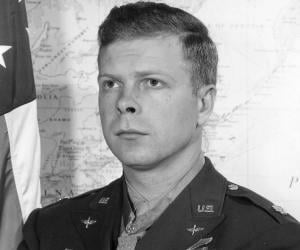
Alla Nazimova was a Russian-American actress who had an extensive career on Broadway. She acted in the classic plays of playwrights like Ibsen, Chekhov, and Turgenev. She eventually moved on to films and had an equally successful stint in cinema as well. She was openly bisexual and had sexual relationships with women while being married to a man.
Born to Irish immigrants, John Curtin had witnessed working-class uprisings in his younger days, which led him to join Australia’s Labour Movement. He was the only Australian prime minister with a Western Australian seat. The strenuous job of leading his country during World War II affected his health.
While Wilhelm Canaris became one of Hitler’s most trusted secret agents, he was actually supplying information to Britain all along. He went down in history as a man who was hanged twice for treason, first as part of torture for a few moments, and then for good.
Alfred Douglas was an English journalist and poet best remembered as one of the lovers of famous Irish poet Oscar Wilde. Douglas played an important role in Wilde's imprisonment for homosexuality. Alfred Douglas' father John Sholto Douglas abhorred his son's relationship with the Irish poet and publicly accused the latter of homosexuality, which was illegal at that time.
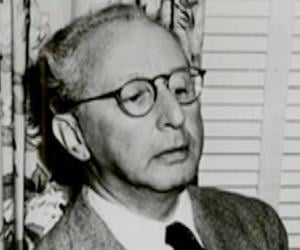
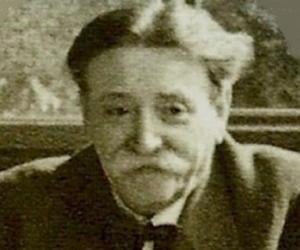
Jewish doctor Eduard Bloch began his career as a physician for the Austrian Army. He had later treated a young Adolf Hitler and his cancer-stricken mother, charging very little fees owing to their poor financial condition. This act that made Hitler grant Bloch special protection during the Nazi attack on Austria.
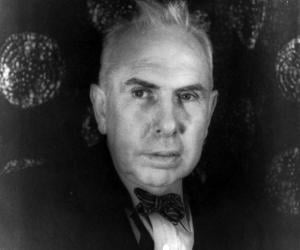
Anton Webern was an Austrian composer and conductor. He was a core member in the circle of the Second Viennese School and an exponent of atonality and twelve-tone technique. He focused on lyricism, nuance, and sensitivity in the performance of music and was considered radical for his era. He received posthumous attention in the latter half of the 20th century.
Thomas Hunt Morgan was an evolutionary biologist, geneticist, and embryologist. He won the Nobel Prize in Physiology or Medicine in 1933. He worked extensively on the role that the chromosome plays in heredity and demonstrated that genes are carried on chromosomes. In his later career, he established the division of biology at the California Institute of Technology.
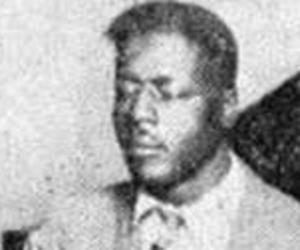
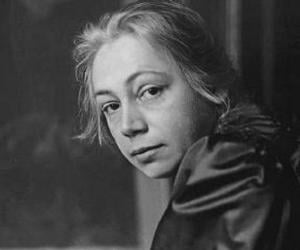
Noted for series like Weavers’ Revolt and Peasants’ War, sculptor and graphic artist, Käthe Kollwitz, came in contact with the urban poor when she moved into Berlin's working class area. Touched by their plight, she soon started portraying them through her etchings, lithographs, woodcuts, and drawings, quickly becoming a powerful advocate for those suffering from social injustice, war, and inhumanity.
August von Mackensen was a German field marshal during the First World War. He was considered one of the German Empire's most prominent military leaders. Following his retirement, he became a Prussian state councilor. He supported right-wing monarchists and nationalist groups. His attitude towards the Nazi regime was ambiguous. He died in 1945 at the age of 95.
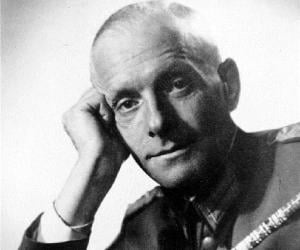
Hans Oster was a German military officer who served as a general in Wehrmacht, the unified armed forces of Nazi Germany. Oster was one of the most important members involved in the German resistance to Nazism. One of the key participants of the Oster Conspiracy, Oster was also involved in the assassination attempt on Adolf Hitler on 20 July 1944.

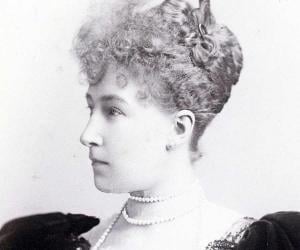
Princess Stéphanie of Belgium became the Crown Princess of Austria, Hungary, and Bohemia after her marriage to Crown Prince Rudolf, the son of Austrian emperor Franz Joseph I. Following the death of her husband and his mistress in a suicide-murder pact, she married a Hungarian nobleman.
Paul Valery was a French poet, philosopher, and essayist. Thanks to his immense contribution to literature, Valery received several nominations for the prestigious Nobel Prize in Literature. The title of the 2013 Japanese animated historical drama film The Wind Rises was inspired by one of Paul Valery's verses. Also, his poem Palme inspired James Merrill's celebrated poem, Lost in Translation.
Tadamichi Kuribayashi was a Japanese general who served in the Imperial Japanese Army. He played an important role in the battle of Iwo Jima where he served as the overall commander of the Japanese garrison. The battle of Iwo Jima inspired the 2006 Japanese-language American war film Letters from Iwo Jima where Tadamichi Kuribayashi was played by actor Ken Watanabe.
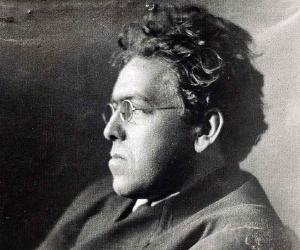
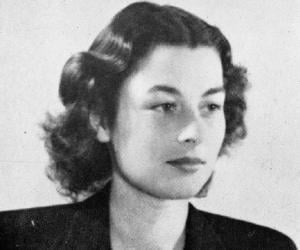
Violette Szabo was a British-French spy who worked as a Special Operations Executive agent during World War II. During her second mission in occupied France, Violette Szabo was captured by the Germans. She was tortured, interrogated, and deported to Ravensbrück, where she was executed on 5 February 1945 at the age of 23.
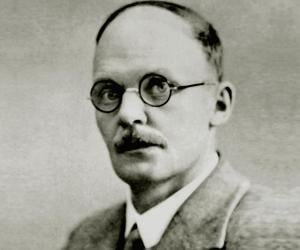
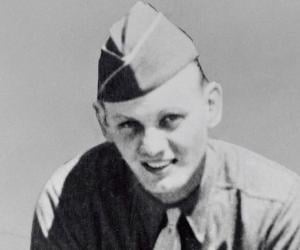

John Birch was an American missionary and Baptist minister. A US Army Air Forces military intelligence captain, Birch also played a key role during the Second World War, serving as an OSS agent in China. Killed during a confrontation with Communist soldiers in China, John Birch was posthumously honored with the Army Distinguished Service Medal.
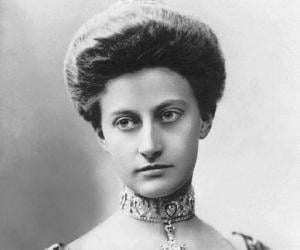
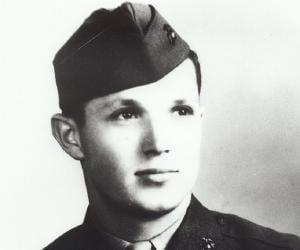
Vladimir Vernadsky was a geochemist and mineralogist who is widely regarded as one of the founders of radiogeology, biogeochemistry, and geochemistry. He is also credited with founding the Ukrainian Academy of Sciences. Vernadsky is best remembered for his book, The Biosphere, which discusses Eduard Suess' work. He won the prestigious Stalin Prize in 1943.
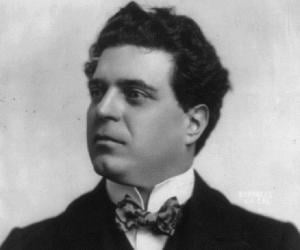
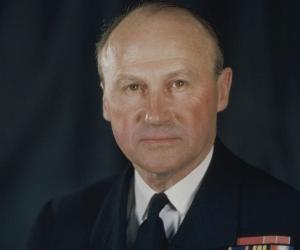
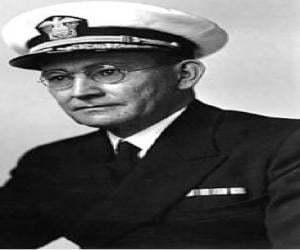
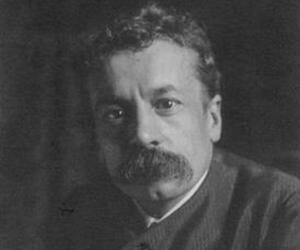
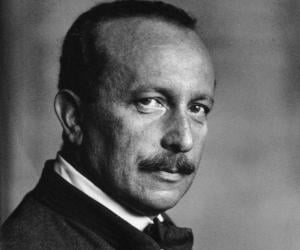
Best known for penning the children’s classic Bambi, Felix Salten was forced to flee Vienna during the Nazi regime and eventually settled in Switzerland. His books were banned in Austria after Germany annexed the country, but that didn’t dent his popularity as an author. He was a skilled hunter, too.
